As pets age, many owners begin to notice subtle changes in their furry friend’s behavior and energy levels. It’s common to hear questions like, “Why is my senior dog slowing down?” Understanding the natural aging process in pets can be the key to supporting their health, comfort, and happiness as they grow older. With some simple adjustments and regular veterinary check-ups, you can help your pet enjoy their golden years.
The Aging Process in Pets
Just like humans, pets experience various changes as they age. Their metabolism slows down, and conditions like arthritis can develop, making movement more painful. Arthritis is one of the most common issues affecting older pets, and it often leads to reduced mobility. Additionally, heart disease can decrease stamina, leaving your pet more tired after walks. These changes are normal parts of the aging process but are also key reasons why your older pet might not be as energetic as before.
Common Signs of Aging in Pets
Recognizing the signs of aging in pets early can help differentiate between normal age-related changes and potential health concerns. Here are some of the most common signs of aging:
- Reduced interest in play or activities that used to excite them
- Increased sleep or noticeable lethargy during the day
- Difficulty with stairs or hesitancy to jump onto furniture
- Graying fur around the muzzle or paws
- Increased vocalization or signs of confusion (especially at night)
If you start noticing these symptoms, it’s a good time to schedule a check-up. Routine exams are a simple way to keep up with your pet’s health and address any emerging issues.
Common Medical Conditions in Older Pets
Several health conditions can contribute to your pet’s slowed activity as they age. These include:
- Arthritis: A common condition that causes joint pain and stiffness, making movement more difficult.
- Heart Disease: Can lead to reduced stamina and energy levels.
- Kidney and Liver Disease: Both organs wear down with age, potentially leading to changes in drinking, eating, and weight.
- Vision Loss: Pets with declining vision may be hesitant to move around as confidently as they once did.
These conditions can significantly impact your pet’s quality of life, but with early diagnosis and treatment, many of these issues are manageable.
The Importance of Regular Vet Visits
Regular checkups are crucial for identifying and managing age-related conditions in pets. At Central Kentucky Veterinary Center, we offer specialized senior pet services that include comprehensive health assessments and treatments tailored to your pet’s needs. Our canine rehabilitation program can help improve mobility in older dogs, while routine wellness checks can detect issues early.
What Happens During a Senior Pet Exam?
A senior pet exam often includes a thorough physical examination, blood work to check for underlying health conditions, and assessments tailored to monitor mobility, mental health, and organ function. Consistent visits mean issues can be caught early, often leading to more effective and less costly treatments in the long run.
For more information on senior pet care, the American Veterinary Medical Association offers valuable resources, which you can explore here.
How to Improve Your Pet’s Quality of Life
There are several ways to help your aging pet stay comfortable and maintain a good quality of life:
- Diet Adjustments: Senior pets require fewer calories but still need plenty of nutrients. Speak with your vet about adjusting your pet’s diet to meet their changing needs.
- Exercise: While your pet may not be up for long hikes, short, gentle walks or play sessions can help keep them active without putting too much strain on their joints.
- Home Modifications: Simple changes like adding ramps or using softer bedding can make a big difference in your pet’s comfort.
At Central Kentucky Veterinary Center, we also offer advanced treatments such as acupuncture, Chiropractic and stem cell therapy to help manage pain and improve mobility in older pets.
Recognizing Pain in Older Pets
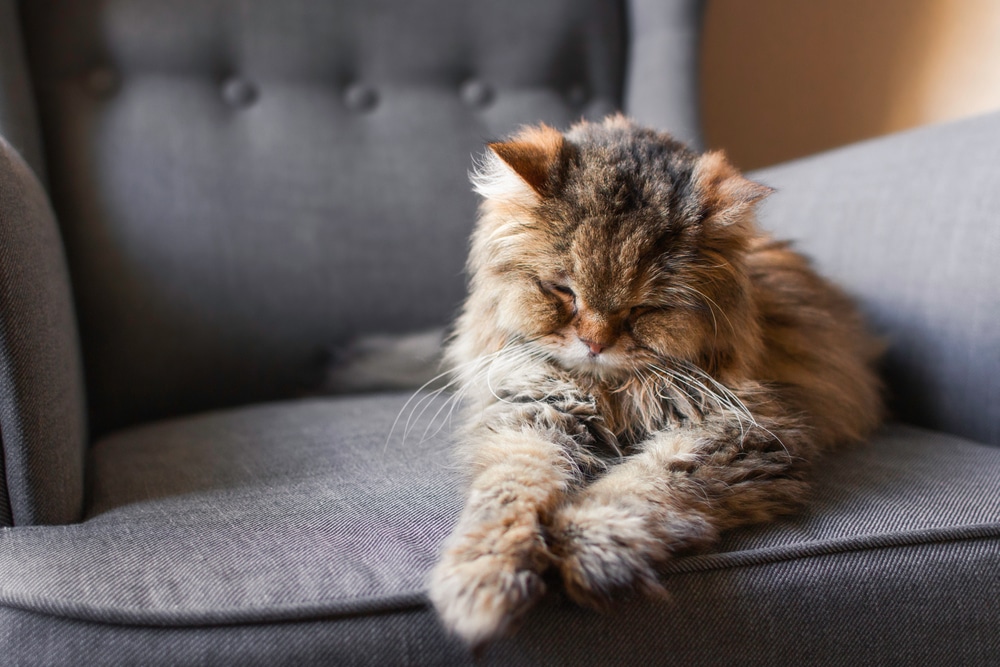
It’s important to recognize if your pet is in pain, as this can greatly affect their quality of life. Signs of pain in older pets may include:
- Avoiding touch or becoming sensitive to being handled
- Whimpering or making unusual sounds
- A noticeable decrease in activity levels or reluctance to move
- Change to regular behaviors and routines
- Increased panting
- Difficulty rising, gait changes
If you suspect your pet is experiencing pain, contact us to discuss the various pain management options we offer.
Providing attentive care for aging pets is essential for their well-being. Recognizing the signs of aging and responding with appropriate veterinary care can make a significant difference in your pet’s comfort and happiness. We encourage regular visits to Central Kentucky Veterinary Center to ensure your pet’s senior years are as healthy and joyful as possible. If you’ve noticed changes in your pet’s behavior or health, don’t hesitate to reach out to us for more information or to schedule a check-up. Let’s work together to provide the best care for your aging pet.


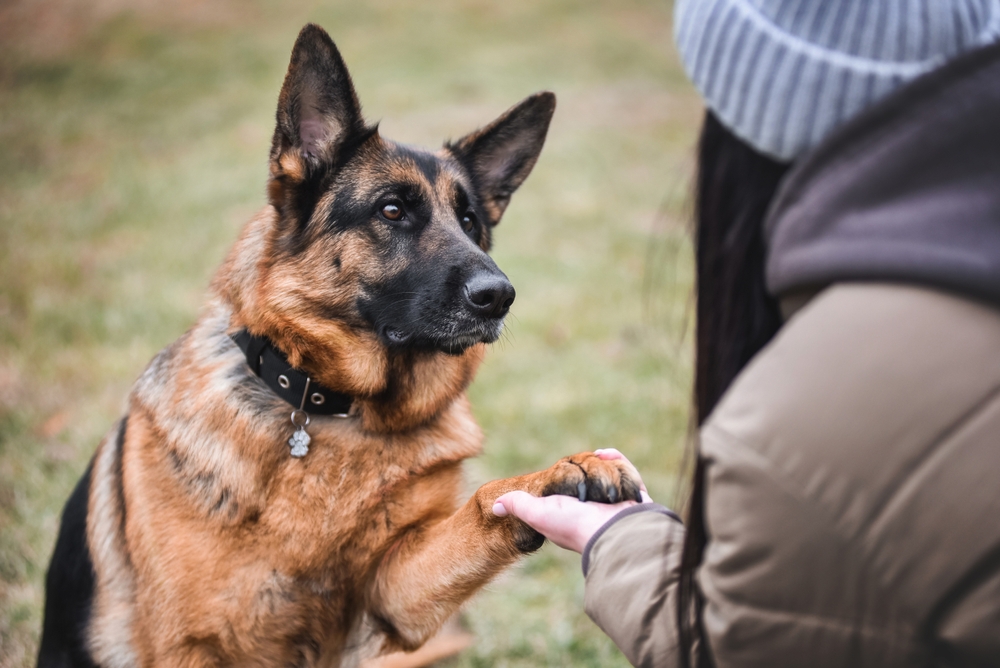
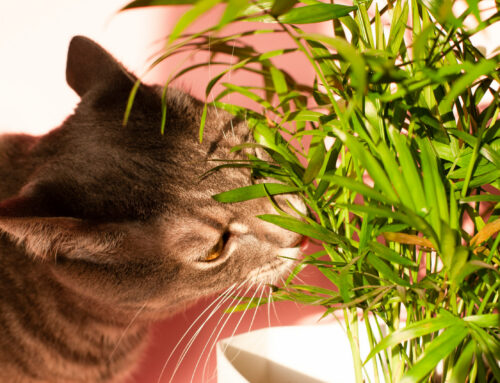
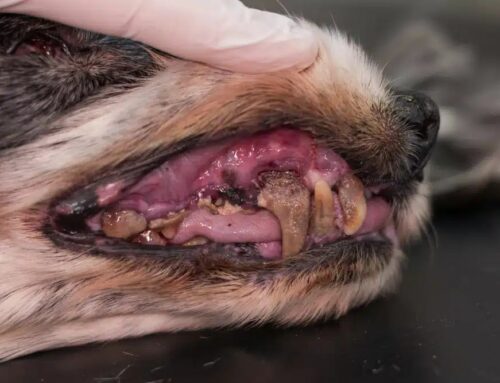

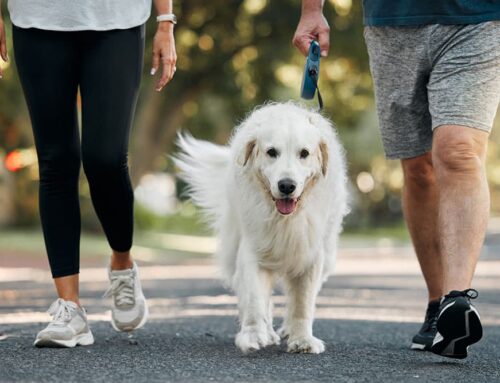
Leave A Comment